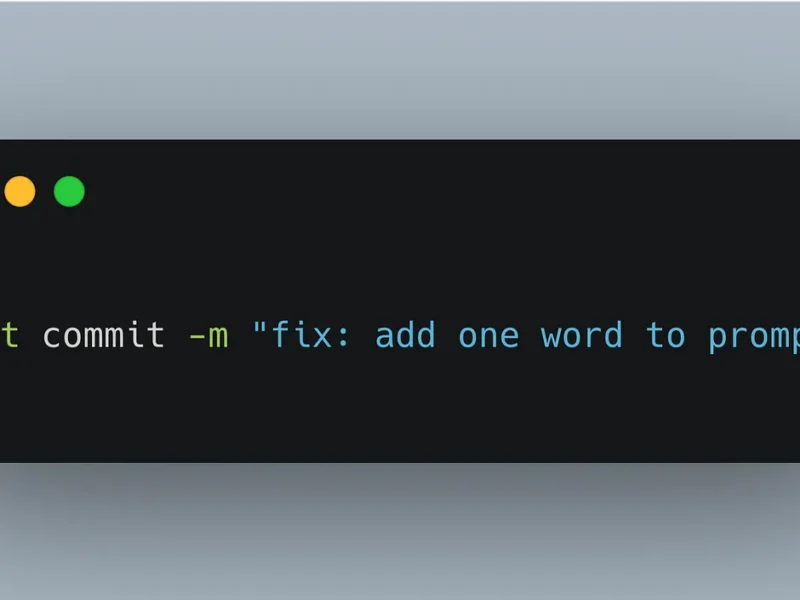Bluesky, a social networking startup, has chosen to block access to its service within Mississippi rather than adhere to the state’s new age assurance law, House Bill 1126. Citing limited resources and concerns about the law’s broad scope and privacy implications, the company announced its decision in a blog post Friday.
Mississippi’s House Bill 1126 mandates that social media platforms implement age verification for all users prior to granting access to their services. The U.S. Supreme Court recently blocked an emergency appeal that sought to prevent the law from taking effect while legal challenges proceeded. This ruling compelled Bluesky to determine its course of action regarding compliance with the new regulation.
Unlike regulations that require age verification only for access to age-restricted content, House Bill 1126 necessitates age verification for all users of social media platforms regardless of the content they access. This provision would require Bluesky to verify the age of every user and obtain parental consent for individuals under the age of 18. Bluesky emphasized that the potential financial penalties for noncompliance are significant, reaching up to $10,000 per user.
Bluesky articulated concerns that the law extends beyond the objective of child safety, creating impediments to free speech and disproportionately affecting smaller platforms and emerging technologies. The company argues the law would necessitate collecting and storing sensitive user data, a practice it views as problematic. “Unlike tech giants with vast resources, we’re a small team focused on building decentralized social technology that puts users in control,” the company stated in its blog post.
The company further explained that complying with the Mississippi law would demand substantial infrastructure investment, developer time, complex privacy measures, and continuous compliance monitoring. “Age verification systems require substantial infrastructure and developer time investments, complex privacy protections, and ongoing compliance monitoring — costs that can easily overwhelm smaller providers. This dynamic entrenches existing big tech platforms while stifling the innovation and competition that benefits users,” the company noted.
Following Bluesky’s decision, some users located outside of Mississippi reported experiencing access issues. These problems stemmed from their cell providers routing internet traffic through servers located within Mississippi. Bluesky Chief Technology Officer Paul Frazee addressed these reports on Saturday, stating that the company is “working deploy an update to our location detection that we hope will solve some inaccuracies.” This update aims to rectify the incorrect geolocation of users, preventing unintended access restrictions.
The company clarified that its decision to block access applies specifically to the Bluesky application built on the AT Protocol. Other applications utilizing the protocol may choose to address the Mississippi law differently. Bluesky’s statement indicates that its approach is specific to its current operational capabilities and philosophical stance on user privacy.

